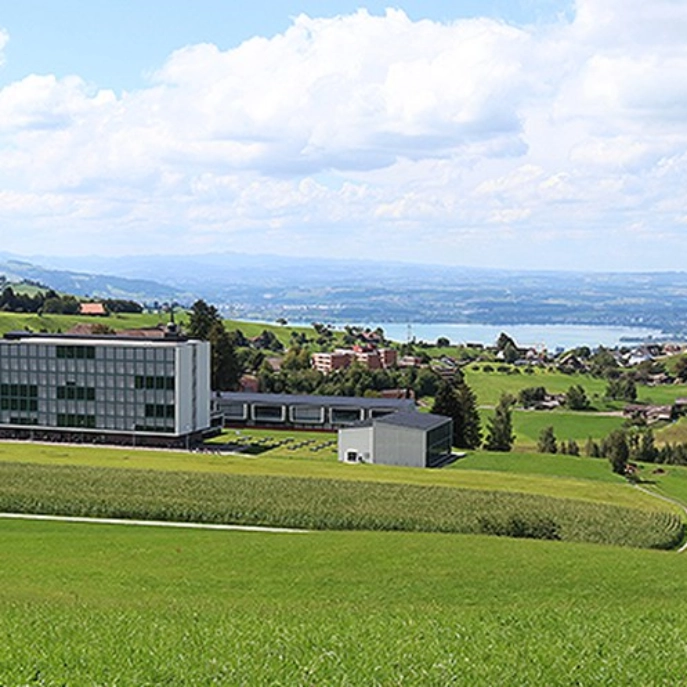Menzingen Cantonal School
The Menzingen Cantonal School (KSM) offers four-year short-term secondary school and six-year long-term secondary school. Three bilingual Matura courses are also offered. The Matura certificate is recognized throughout Switzerland and allows students to study at any Swiss university.

Contact
